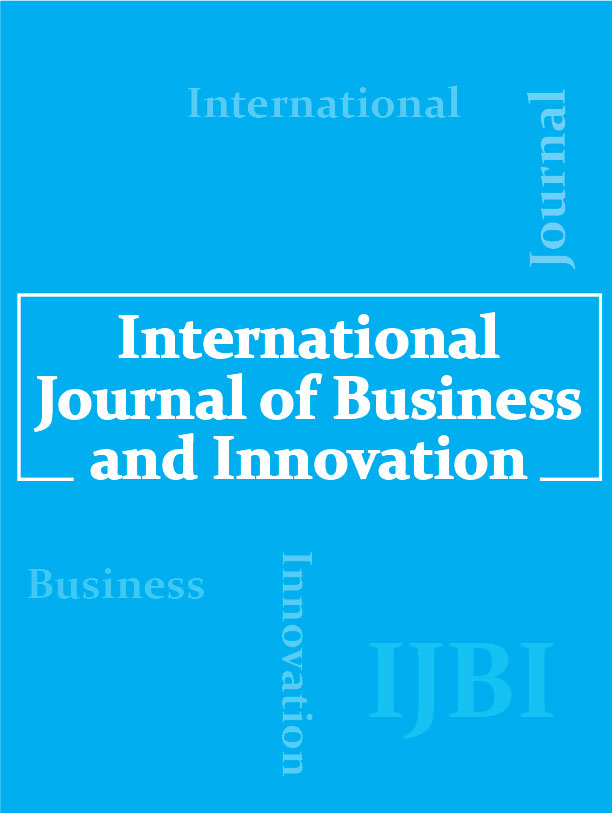Abstract
The inclusion of a female in the workforce has brought the issue of work-family conflict (WFC) within the research paradigm. Most studies on WFC have been conducted on Western countries. Recently researchers of Asian developing countries are also showing their interest in studying WFC, its predictors and outcomes. However, In Bangladesh, study on WFC is very limited. The present paper reviews extant literatures on WFC to give a broader view on WFC through accumulating the scattered research findings so that employers and employees of Bangladesh can have a better idea of addressing WFC with possible strategies. The paper contributes to the existing literatures by proposing a new dimension of research area: managing WFC through family supportive Human Resource Management (HRM) among organizations in Bangladesh. A proposed Family Supportive HRM (FSHRM) Model is presented and related hypotheses are formed to support WFC policy making for the organizations of Bangladesh. Future empirical study on this area is thereby sought from the local researchers to incorporate local characteristics in addressing WFC. Thus, WFC from the developing country perspective is added.
Achieving Balance in Work-Family Conflict through the Influences of Family Supportive HRM: A Conceptual Framework for the Organizations of Bangladesh
- 1 Comment
- 3 Views
